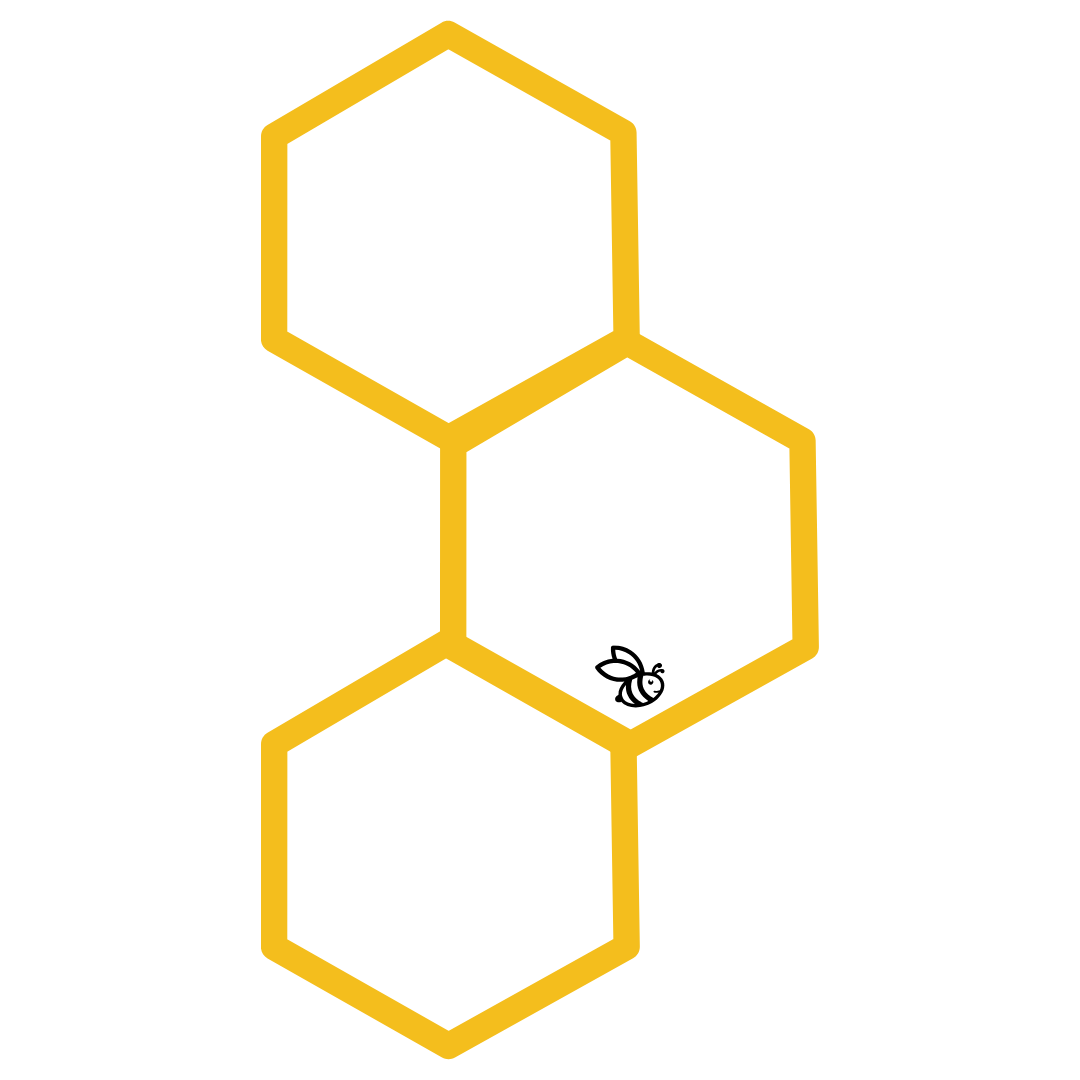April Fools’ Day presents a unique opportunity for brands to showcase their creativity and engage audiences through playful marketing campaigns. When executed thoughtfully, these pranks can enhance brand visibility and foster a sense of connection with consumers. However, missteps can lead to confusion or backlash. This article explores notable April Fools’ marketing campaigns, highlighting both successes and lessons learned.
Google: Pokémon Challenge
In 2014, Google collaborated with Niantic Labs to introduce the “Pokémon Challenge” within Google Maps. Users were invited to embark on a virtual quest to “catch” Pokémon scattered across various global locations. This inventive campaign not only delighted users but also showcased Google’s innovative spirit. The overwhelming positive response foreshadowed the later success of “Pokémon Go,” which Niantic launched as an independent company in 2016. Zahra+1Outbrain+1
BMW: Lunar Paint
In 2019, BMW announced “Lunar Paint,” a revolutionary technology purportedly capable of harnessing moonlight to recharge electric vehicles overnight. This imaginative concept resonated with audiences, reinforcing BMW’s reputation for cutting-edge innovation, even though it was ultimately a playful jest. Zahra
Lego: SmartBricks
Lego addressed a universal pain point in 2021 by introducing “SmartBricks,” self-aware bricks designed to move away when sensing an approaching foot. This humorous campaign not only entertained but also demonstrated Lego’s understanding of their customers’ experiences, further endearing the brand to its audience. aidencreative.com
When Pranks Backfire: Lessons from Missteps
Lipton: Peach Iced Tea Prank
In March 2025, Lipton announced the discontinuation of its popular Peach Iced Tea flavor, causing widespread disappointment among fans. The following day, Lipton revealed it was an early April Fools’ joke, stating the flavor was “here to stay.” While intended to be playful, the prank led to frustration and backlash from consumers who felt misled. The US Sun+3New York Post+3The US Sun+3
Volkswagen: Voltswagen Rebranding
Volkswagen’s 2021 announcement of rebranding to “Voltswagen” to emphasize its commitment to electric vehicles was met with confusion. Released two days before April 1st and initially presented as factual, the stunt led to media outlets reporting it as genuine news. Once revealed as a joke, the campaign faced criticism for misleading both the media and consumers. aidencreative.com
Key Considerations for April Fools’ Marketing
- Clarity and Timing: Ensure that the prank is clearly identifiable as a joke and is timed appropriately to avoid misleading the audience.
- Audience Sensitivity: Understand the target demographic to avoid topics that could be considered insensitive or offensive.
- Brand Alignment: Align the prank with the brand’s values and image to maintain authenticity and credibility.Zahra
- Potential Risks: Evaluate the possible negative reactions and have a contingency plan to address any fallout.
April Fools’ Day campaigns can be a double-edged sword in marketing. When executed with creativity, sensitivity, and a clear understanding of the audience, they can enhance brand engagement and showcase a company’s playful side. However, missteps can lead to confusion and damage to brand reputation. By studying past campaigns and adhering to best practices, marketers can navigate the fine line between humor and harm, leveraging April Fools’ Day as a strategic opportunity to connect with their audience.

